Therapy for support with infertility and family building challenges
As someone facing infertility or other family building challenges, you may be experiencing a grief response, a trauma response, or both. You may notice elevated anxiety, changes to your self-image and self-worth, and/or challenges in your relationship and support network as a result of your reproductive trauma. Additionally, the losses associated with infertility are typically invisible to people who haven’t experienced it, and our society does not deem grief about infertility and family building challenges as socially acceptable or worthy of being openly acknowledged and grieved (called disenfranchised grief).
Examples of people I support experiencing infertility and family building challenges:
Individuals and couples newly diagnosed with infertility (for example, primary infertility or secondary infertility) and in the beginning stages of making family building decisions
Individuals and couples going through fertility treatment, such as intrauterine insemination (IUI) or in vitro fertilization (inclusive of conventional IVF and IVF with ICSI) due to infertility or another medical reason (e.g. medical diagnosis or genetic condition)
Couples considering ending (unsuccessful) fertility treatment and exploring other paths to family building, such as conceiving with the help of a donor (egg, sperm, or embryo donor) and/or having a child with the help of a gestational carrier (“surrogate”)
Individuals and couples building their families with donor embryos, donor sperm, or donor eggs for any reason (inclusive of same-sex couples)
Individuals and couples who are considering gestational surrogacy (“a gestational carrier arrangement”) or who have started their gestational surrogacy journey
Individuals and couples exploring adoption or going through the process of adoption
Individuals exploring having a child on their own (i.e. solo motherhood, solo fatherhood, or solo parenthood)
Individuals undergoing fertility preservation for medical reasons, such as trans-identified folks who are seeking out gender-affirming medical care and those who have received a cancer diagnosis
Individuals undergoing fertility preservation for other reasons, such as not having met the right partner yet
Read more about the mental health impact of fertility challenges here (a post in my blog).
Together, we can work toward:
✔️ Acknowledging the loss you feel, finding outlets for grief, and allowing yourself to mourn your losses for as long as you need. This grief can refer to losses experienced during IVF (unsuccessful egg retrievals, little to no eggs fertilized after the retrieval, no embryos to transfer at the end of an IVF cycle, and unsuccessful embryo transfers), as well as to more metaphorical losses (“shadow losses”).
Examples of shadow losses:
Loss associated with not being able to have a child “spontaneously” (without assisted reproduction)
e.g. an opposite-sex couple who experiences infertility and must undergo fertility treatment
Loss associated with only one parent having a genetic tie to the child
e.g. a same-sex female couple has a child with assistance from a sperm donor (only one woman is genetically linked to the child and carries the baby), a same-sex male couple has a child with assistance from an egg donor and a gestational carrier (only one man is genetically linked to the child), or an opposite-sex couple has a child with assistance from an egg donor (only the man is genetically linked to the child)
Loss associated with having a child with no genetic tie
e.g. a single person becomes pregnant with the help of a donor embryo, a couple becomes pregnant with the help of a donor embryo, a couple adopts a child, or a single person adopts a child
✔️ Finding healthy ways to express your emotions that may accompany infertility/family building challenges, including sadness, anger, frustration, powerlessness, isolation, loneliness, shame, and envy
✔️ Developing strategies to cope with grief, depression, anxiety, panic attacks, medical trauma, shame, and other feelings
